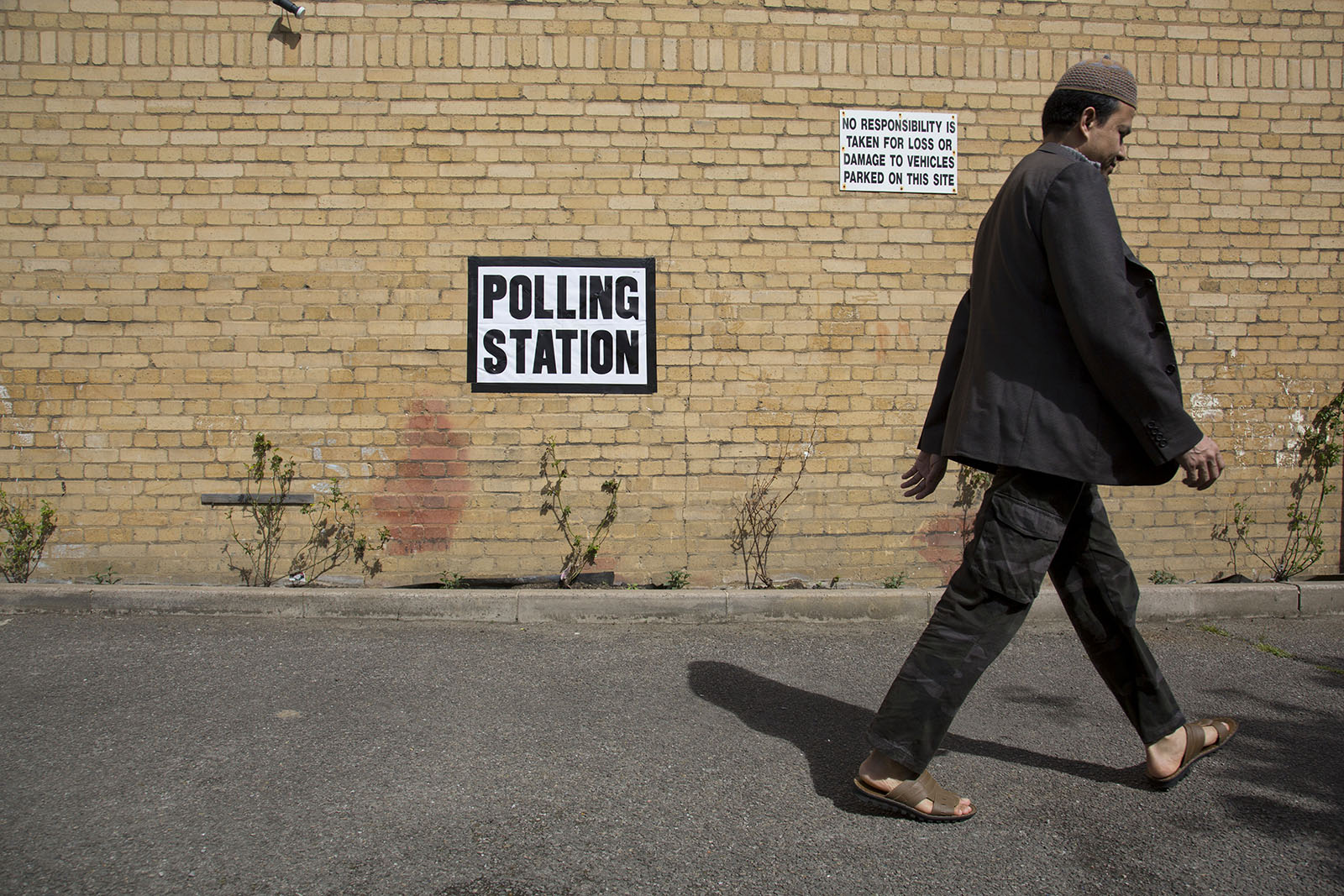Streeting’s Reform attack signals a change in Labour — with or without Starmer

As Nigel Farage’s party continues to gain ground, the health secretary has won unusual praise for his strong words about Sarah Pochin
There is nervousness in Labour’s ranks. The party swept into power on promises of renewal. But more than a year after Keir Starmer entered No 10, the question being whispered in corridors and WhatsApp groups is this: what has actually changed?
The recent Caerphilly Senydd by-election, where Labour limped into third place behind Plaid Cymru and Reform UK, has only deepened that anxiety. It was not exactly a shock to the system, but inside the party the result has been described simply as “catastrophic”. As one senior MP put it to me bluntly: “Another example that the current strategy is not working.”
The defeat has reignited long-standing fears that Labour is haemorrhaging support on both flanks, to the Greens and Lib Dems on the left and to Reform UK on the right. The leadership’s response has in recent months become noticeably sharper, more combative as it deals with the threat from Reform.
Newly elected deputy leader Lucy Powell warned on Saturday that Labour “won’t win by trying to out-Reform Reform”, a phrase that has been circulating in Westminster for months. The party remains committed to harsher immigration policies, but when it comes to other matters, the tone is shifting. Rather than sidestepping Reform’s rhetoric, Labour now appears ready to confront it.
Sarah Pochin, the Reform MP for Runcorn and Helsby, caused huge controversy last week by complaining that adverts were “full of black and Asian people”, which she said “drives her mad”. Labour’s health secretary, Wes Streeting, wasted no time in calling it “a disgrace” and “racist”. His response drew praise across Labour’s factions.
“He got it right,” one MP who is usually critical of the right of the party, where Streeting would place himself, told me. Another praised the strategy, saying: “I don’t think Reform voters are racist and they certainly don’t think they’re racist — so we should call out racism. I think it’s a good way to win back voters. People will be disgusted when it is pointed out to them.”
But there is a clear sense that the political weather in Britain has changed and the old rules no longer apply. A Conservative MP made that point to me this week, citing Pochin’s comments as “a clear example of how much politics has changed in the UK”. “Just a few years ago,” they added, “any MP from a mainstream party would have lost the whip immediately for saying what she said.”
Tackling Reform’s language head-on is now the tactic preferred by Labour, who are aware that polling data shows they have a huge challenge ahead of them. A recent YouGov poll put Reform quite a way ahead at 27%, with both Labour and the Conservatives tied at just 17%. The Greens and Liberal Democrats hover close behind, with only two percentage points separating the four parties.
It suggests the electorate no longer sees politics as a two-horse race. In Westminster, some now whisper that the age of Labour-Conservative dominance may be fracturing for good. There is even talk of a real-world scenario, given how tight the polls have become, in which the Greens or the Lib Dems, or even both, push Labour and the Tories into fourth and fifth place, and regular speculative conversations about future coalitions that might be needed.
It all signals an electorate open to alternatives and tired of the traditional duopoly. And amid the polling gloom, the leadership question is stirring once again. Streeting’s high-profile performance taking on Reform’s rhetoric has earned him plaudits from across the Labour benches.
When I asked him more than two years ago about his ambitions, he was, for a politician at least, uncharacteristically forthright. “If you really want to make a difference, the top job is the one to have,” he told me, while insisting on his loyalty to Keir Starmer.
Those statements of loyalty remain for now, but the whispers around Westminster are getting louder: will Starmer lead Labour into the next election? Increasingly, the answer I hear is: “Maybe not.” The Caerphilly result, the polling slump, and a sense of strategic drift have all given ammunition to those who believe a change at the top might be the reset Labour needs.
Streeting’s rising prominence, especially as the party sharpens its attacks on Reform, has not gone unnoticed. If the “new leadership” button were ever pressed, he would be near the top of the list. He is viewed as one of the few authentic communicators the party has — but he is not universally loved by his party. As a one-time critic of Jeremy Corbyn who has clashed with junior doctors and some in the trans community, there are plenty who simply do not want him in the job.
This moment, however, is bigger than one politician’s ambition. The real question for Labour is existential: try to mimic Reform, or define itself against it? As one MP put it to me this week: “The time for ‘softly, gently’ politics is over.”
Shehab Khan is an award-winning presenter and political correspondent for ITV News.
 Newsletter
Newsletter















